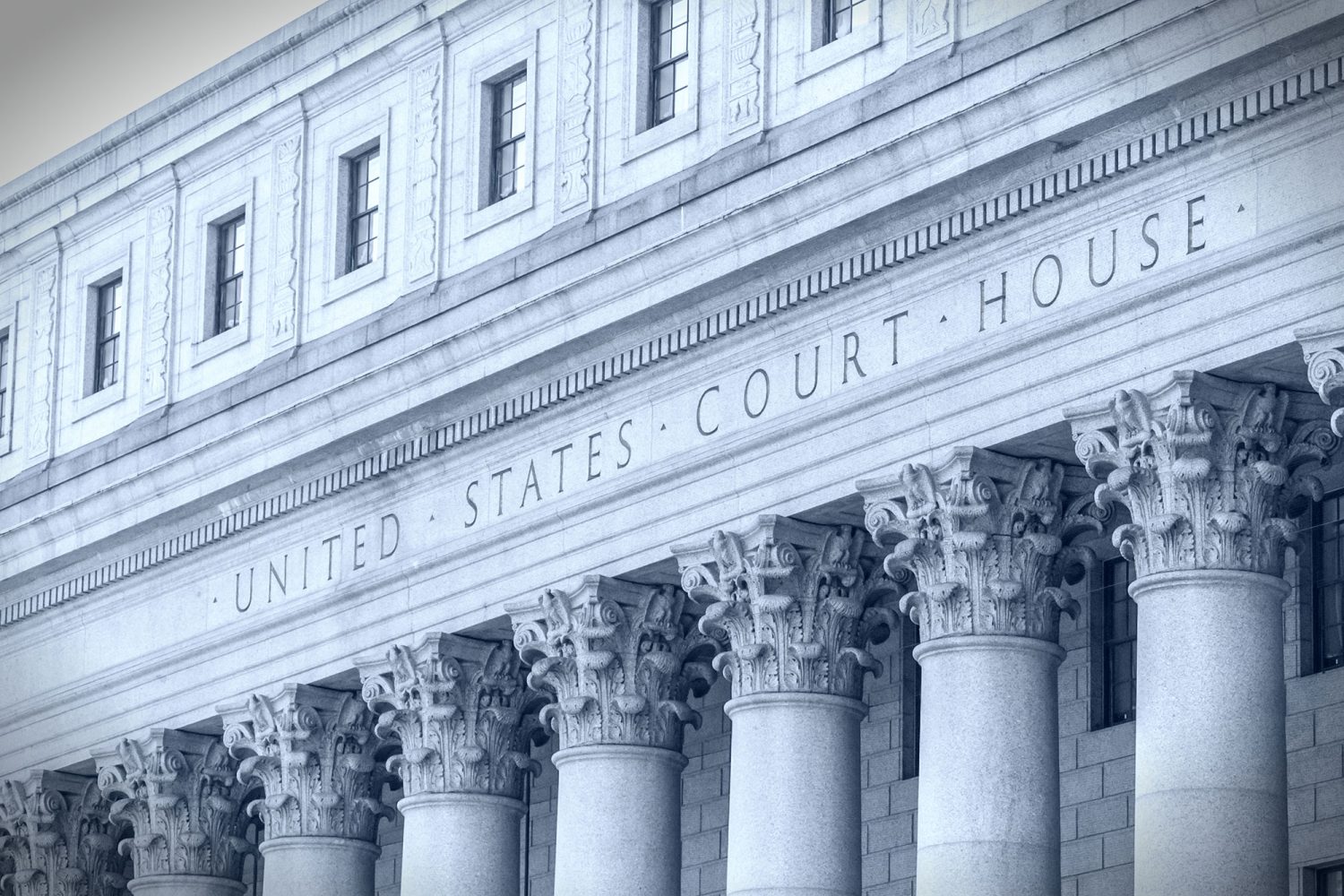Title IX Explained: Unveiling Federal Law and Crucial Requirements for Schools

In the realm of education and equal opportunities, Title IX stands as a beacon of progress and inclusivity. If you’re looking to gain a deeper understanding of Title IX’s implications for educational institutions, this comprehensive guide will shed light on the essential aspects of this federal law. From its scope and purpose to its impact on preventing discrimination and harassment, this article will provide insights that are pertinent to schools and institutions.
What Kind of Law is Title IX?
Title IX is more than just a phrase; it’s a pivotal piece of federal legislation that transformed the landscape of education in the United States. Enacted as part of the Education Amendments of 1972, Title IX is often associated with its impact on gender equality in sports programs. However, its scope extends far beyond athletics, encompassing a wide range of critical issues that touch the lives of students, parents, and educators.
Title IX Federal Law: Breaking Down the Basics
Unveiling Title IX’s Scope and Purpose
At its core, Title IX is a federal law that prohibits discrimination on the basis of sex in any educational program or activity receiving federal financial assistance. This groundbreaking legislation aims to create an environment where all students have equal access to educational opportunities, regardless of their gender. Title IX applies to a diverse array of educational institutions, ranging from elementary schools to colleges and universities, and covers areas such as admissions, athletics, curriculum, and more.
Navigating the Three Key Aspects of Title IX
Equal Opportunity: Title IX ensures that educational institutions provide equal opportunities for both male and female students. This pertains to enrollment, participation, and benefits in educational programs and activities.
Prevention and Response to Harassment: Under Title IX, schools are obligated to address and prevent gender-based harassment, including sexual harassment and violence. This provision highlights the importance of cultivating a safe and respectful learning environment within educational institutions.
Pregnancy and Parenting: Title IX safeguards the rights of pregnant and parenting students, prohibiting schools from discriminating against them and ensuring they have access to educational resources and support.
Title IX prohibits discrimination on the basis of sex in educational programs that receive federal financial assistance. This prohibition extends to discrimination on the basis of pregnancy, childbirth, termination of pregnancy, or recovery therefrom. Schools must treat disabilities related to pregnancy in the same manner as any other temporary disability.
In Kessling v. Ohio State Univ., the court explicitly states that “The discrimination prohibited by Title IX includes discrimination related to pregnancy.” Although the court ultimately dismissed the claim as time-barred, the case still provides some guidance on the scope of Title IX’s prohibition on sex discrimination.
The Role of Title IX Coordinators
Schools must comply with a number of requirements in order to be in compliance with Title IX. For example, they must designate a Title IX coordinator, disseminate appropriate policies, and adopt hearing and grievance procedures. The Title IX coordinator is responsible for coordinating the school’s compliance with Title IX, including the investigation, hearing, and grievance procedures for resolving complaints. Schools must also notify students, employees, and applicants of the coordinator’s contact information.
Title IX in Action: Real-world Impact and Case Studies
Empowering Female Athletes: A Title IX Success Story
An inspiring example of Title IX’s transformative impact is its influence on women’s participation in sports. Before Title IX, female athletes faced significant obstacles and limited opportunities. However, the implementation of Title IX led to a surge in women’s athletic programs, scholarships, and opportunities, leveling the playing field and fostering a new generation of empowered athletes.
Combating Campus Harassment: A Call for Change
Title IX’s provisions related to harassment prevention and response are vital in addressing the pressing issue of gender-based harassment on campuses. By holding educational institutions accountable for creating safe environments and responding effectively to incidents, Title IX plays a crucial role in promoting respect and well-being for all students.
Championing Equality Through Title IX Federal Law
In a world where education shapes the future, Title IX stands as a cornerstone of progress, ensuring that every student within educational institutions has an equal chance to thrive. From equal opportunity to addressing harassment and supporting pregnant and parenting students, Title IX’s impact is profound and far-reaching. As schools and institutions navigate the complexities of Title IX, understanding its nuances is essential for fostering an environment of fairness and inclusivity.
Stay Compliant with Warren Law Group’s Legal Guidance
As you delve into the intricacies of Title IX within the context of your educational institution, remember that Warren Law Group is available to provide professional legal guidance across various practice areas. Our dedicated team is equipped to support schools and institutions in ensuring compliance with Title IX and other legal requirements. Contact us today to learn more about how our experience can contribute to creating an environment that upholds the principles of equality and opportunity for all students within educational institutions.
